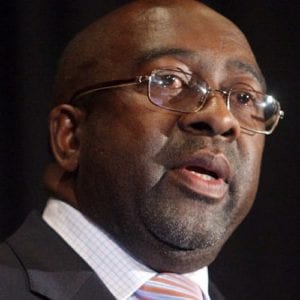South Africa’s economy is expected to grow by three percent by 2017 as the country has taken several steps to address the challenge of energy, says Finance Minister Nhlanhla Nene.
Speaking on Monday at the Third Common Wealth Stakeholders Conference, in Johannesburg, Minister Nene said the growth of the economy will be influenced by more electricity coming onto the grid, the improvement of consumer spending and the rise in trade with the rest of Africa. “Gross Domestic Product (GDP) growth in the first quarter of 2015 was at 1.3 percent quarter-on-quarter on a seasonally adjusted and annualised basis, highlighting the negative impact of the energy challenges that the country is facing,” Minister Nene said.Main constraints domestic in nature
He said South Africa’s main constraints to the growth of the economy were domestic in nature. “South Africa has committed to promoting structural reforms that are needed to lift growth over the long term. “Government’s Medium-Term Strategic Framework sets out how we will achieve the goals of faster growth, higher employment and lower inequality in the National Development Plan (NDP),” Minister Nene said. He said South Africa is making good progress in areas such as ports reform, the introduction of a single transport regulator, broadband rollout and the reform of key state owned enterprises such as South African Airways (SAA) and Eskom.Government has also had success in putting in place policies that target job creation such as the Jobs Fund, Expanded Public Works Programme (EPWP) and the Employment Tax Incentive (ETI).








